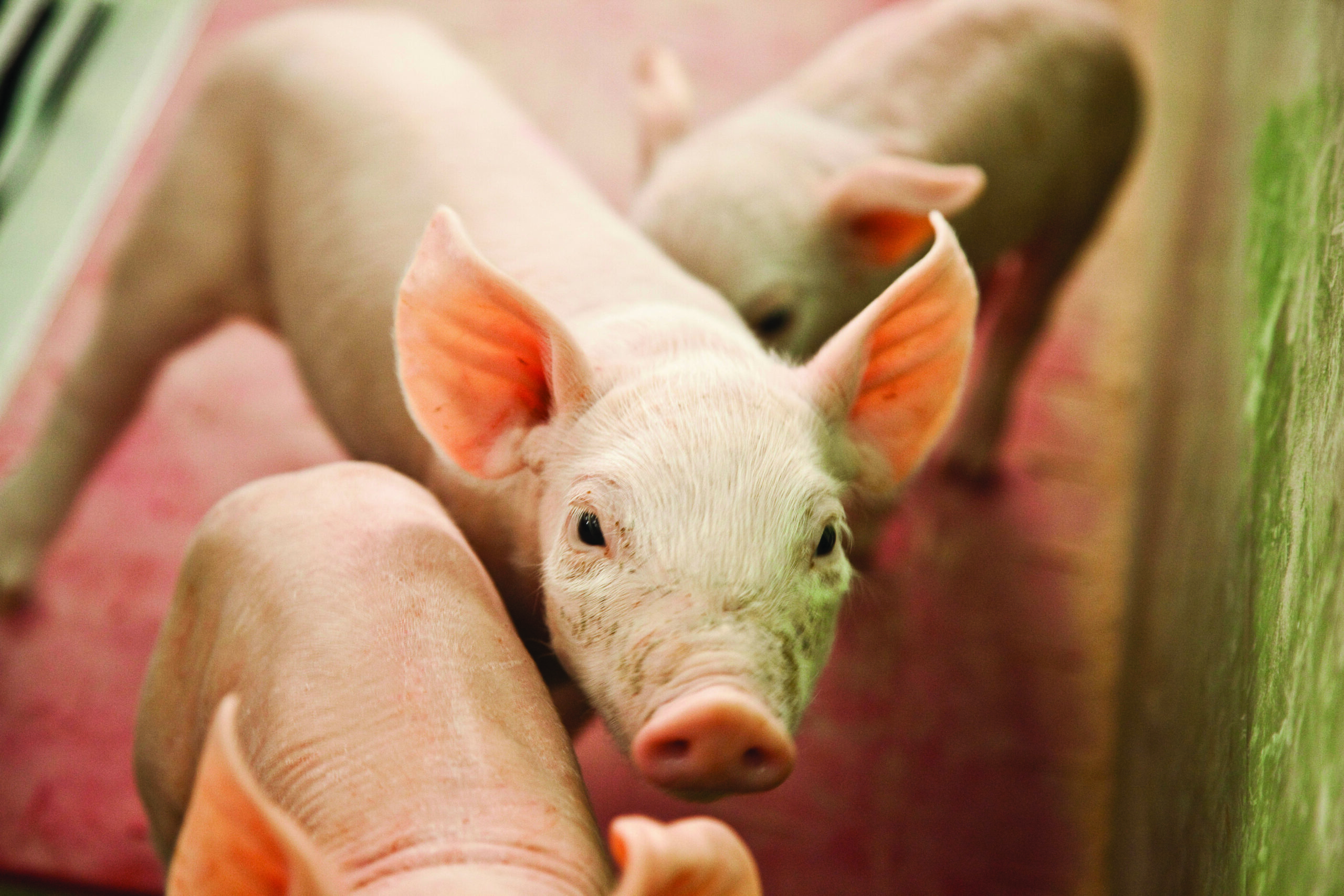Proteolytic fermentation induces negative effects on gut health and function, which may affect pig performance. The objective was to conduct a meta-analysis to develop an index of dietary indigestible dietary protein (IDP) to investigate growth performance outcomes of mixed-sex weanling pigs (average body weight of 7.59 kg). Eighty-nine articles reporting growth performance variables [average daily gain (ADG), average daily feed intake (ADFI), gain:feed ratio (GF), initial (IBW), and final body weight] in pigs fed different dietary protein (DP) content (from 12% to 33.6%) and protein sources (plant and animal) were included. DP and IDP index was calculated in all experiments using a common database, with the IDP index defined as the difference between total DP and standardized ileal digestible DP. A DP- and an IDP-based model were developed to predict the ADG, GF, and ADFI (by their relationship) of weaning pigs using a multivariable linear mixed model regression approach with estimates of variable effects obtained using the residual maximum likelihood method. Based on a stepwise manual forward selection, significant predictor variables with improvement of at least 2 points in the Bayesian information criterion were included in the final regression model. Statistical significance was set at P ≤ 0.05 and a trend at P < 0.10. Initial exploratory analysis of the database showed a quadratic increase (P < 0.01) in the IDP index with increasing inclusion of plant protein sources in diet formulation and a linear decrease (P < 0.01) in the IDP index with increasing synthetic amino acid inclusion. Regarding the models, the DP-based model could not account for the inclusion of protein sources compared to the IDP-based model. There was a tendency for DP to positively affect (P < 0.10) ADG and GF. Increasing the IDP index tended to negatively impact (P < 0.10) ADG while reducing (P < 0.05) ADFI. Using a practical and hypothetical feed formulation simulation, the final regression models predicted the expected negative impact of a high IDP index on newly weaned pig performance when compared to a low IDP diet. The IDP-based model predicted a stronger negative effect of high IDP when compared to the DP-based model. Results indicate that IDP may be an improved and more reliable index to investigate the impact of DP on pig performance in the postweaning phase.

de Oliveira, M., O. Babatunde, L. Rodrigues, T. Erinle, J. Htoo, S. Mendoza, D. Columbus. 2025. Development of an indigestible dietary protein index to investigate the effects of dietary protein content in postweaned pigs. Journal of Animal Science, Volume 103, 2025, skae374, https://doi.org/10.1093/jas/skae374.
